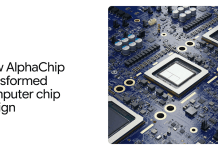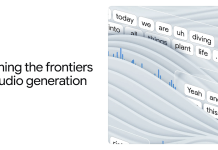Sam Altman and designer Jony Ive's much-talked about AI hardware project is reportedly facing a significant delay, with its release now expected after 2026According to Windows HQ.
The screenless, always-on voice companion was set to redefine human-AI interaction, but privacy concerns, computational requirements, and even how to give it “personality” have slowed development.
Behind the scenes, OpenAI's ambition to make the voice seem truly human clashes with technical and ethical constraints.
The device — said to combine the warmth of Jony Ive's Apple-era design with the conversational capabilities of OpenAI — has faced the same tension that others in the space have noticed.
For example, Anthropic's Claude Voice beta is already testing similar territory, experimenting with empathy in tone but still trying to avoid amazing reactions.
Altman himself has said that he wants the assistant to “feel like a presence, not a tool,” but that's difficult as AI voices become increasingly difficult to distinguish from human ones.
AND the latest Live Science report showed that in 58% of trials, people incorrectly identified the cloned voices, which was essentially the result of a coin toss.
Imagine how this complicates the privacy of a device designed to be used in your home and listened to all the time.
While OpenAI addresses computational and character challenges, other tech giants are moving forward.
Amazon's latest Echo models have just arrived with new adaptive AI voices that change tone depending on the user's mood.
Meanwhile, the Google DeepMind team is pressing on Wavefit 2next-generation speech model that can clone accents with accurate intonation and rhythm. The bar for realism continues to rise, and so do the stakes.
Personally, I think this delay may turn out to be a blessing in disguise. We've seen what happens when voice technology goes awry – awkward tone shifts, privacy mishaps, the occasional existential dread when your assistant starts sounding a little too feeling.
If OpenAI really wants to build a companion and not just another talking cylinder, it must first solve the empathy puzzle. You can't fake warmth forever.
Until then, this elusive AI device remains a ghost in the design lab – a whisper in the age of synthetic speech, waiting to find a voice.


















